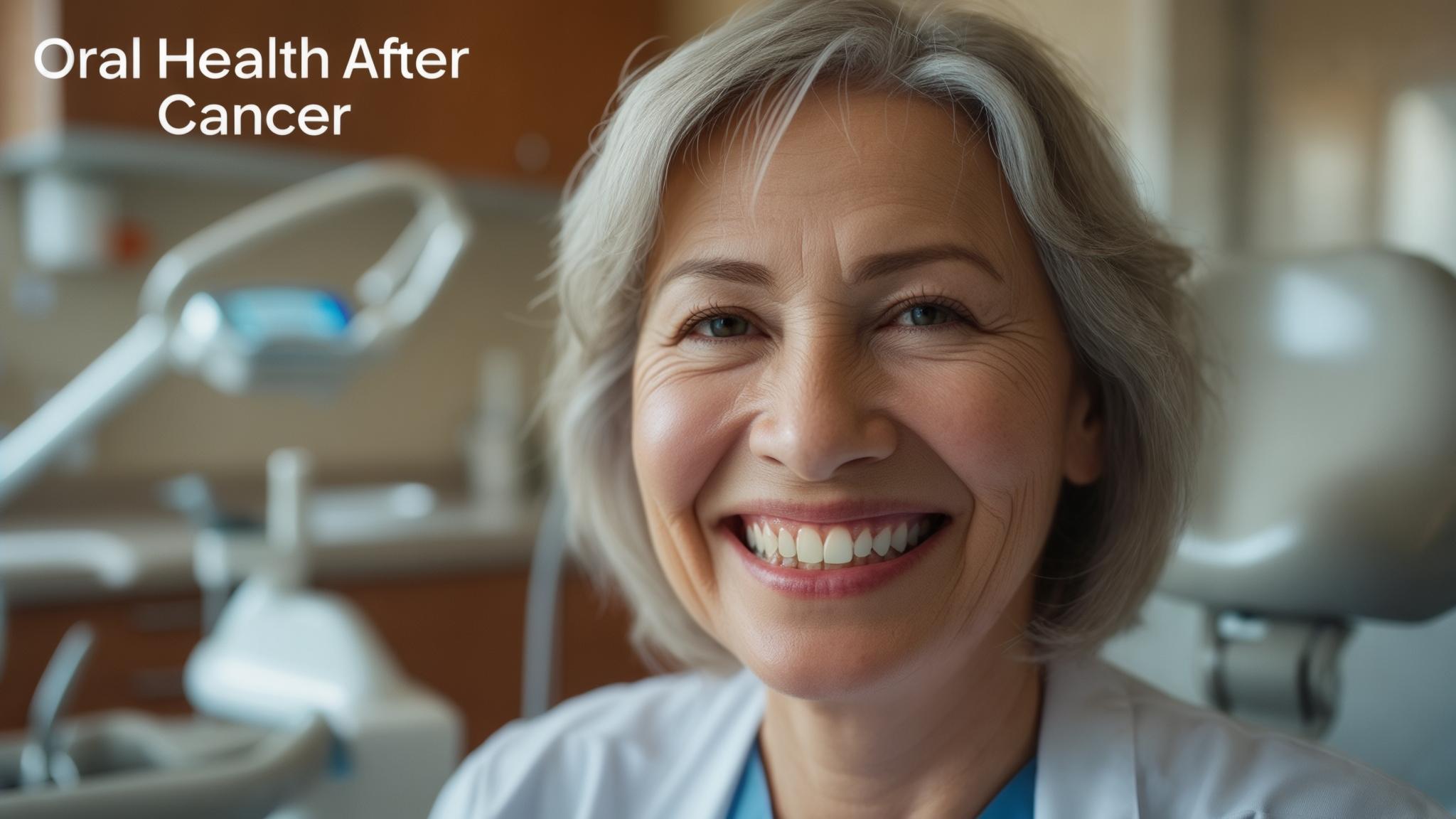Introduction
Dental check-ups are routine evaluations performed by dentists to assess the health of your teeth, gums, and mouth. For cancer survivors, maintaining dental health is crucial due to the unique challenges posed by cancer treatments. This article aims to shed light on the special dental care needs that arise after cancer therapy, ensuring survivors can maintain a healthy smile.
Understanding Cancer Treatment and Its Effects on Oral Health
Cancer treatments, including chemotherapy, radiation, and surgery, can significantly impact oral health. Each type of treatment can lead to various oral health issues:
- Xerostomia (dry mouth): Often caused by radiation therapy, this condition reduces saliva production, making it difficult to chew, swallow, or speak comfortably.
- Mucositis: This is the painful inflammation of the mucous membranes, common during chemotherapy, which can make eating and oral care challenging.
- Increased risk of dental caries: Reduced saliva and changes in oral flora heighten the risk of cavities.
- Osteonecrosis of the jaw: Particularly linked to certain cancer medications, this serious condition involves the death of jawbone tissue.
- Changes in taste and oral sensitivity: Treatments can alter taste buds and increase sensitivity, affecting diet and nutrition.
These effects can persist long after treatment ends, necessitating vigilant dental care.
Importance of Dental Exams After Cancer Treatment
Regular dental exams are vital for cancer survivors to monitor and maintain oral health. These check-ups allow for:
- Early detection of complications: Identifying issues like cavities or gum disease early can prevent more severe problems.
- Prevention of potential dental issues: Regular cleanings and assessments help avert issues before they arise.
- Role of dental professionals: Dentists play a crucial role in the ongoing health of cancer survivors, offering tailored advice and treatments.
Recommended Dental Care Practices for Cancer Survivors
Post-treatment, cancer survivors should adhere to specific dental care practices to protect their oral health:
- Frequency of check-ups: It’s advisable to visit the dentist more frequently than the general population, typically every 3-4 months.
- Comprehensive dental evaluations: These should include assessments of teeth, gums, and any soft tissue changes.
-
Customized oral hygiene practices:
- Fluoride treatments can help strengthen enamel and prevent decay.
- Toothpaste and mouth rinse recommendations should be tailored to address dry mouth and sensitivity.
- Hydration and saliva substitutes are essential for managing dry mouth symptoms.
- Dietary considerations: Eating a balanced diet rich in vitamins and minerals supports both oral and overall health.
Collaboration Between Oncologists and Dentists
A multidisciplinary approach is key to effective post-cancer dental care. Collaboration between oncologists and dentists ensures:
- Tailored care plans: Dental care plans can be customized based on the type of cancer and treatment received.
- Effective communication: Regular updates and information sharing between healthcare providers help in managing the survivor's overall health effectively.
Conclusion
In conclusion, dental exams are a critical component of post-cancer care. By prioritizing oral health, survivors can prevent complications and improve their quality of life. Remember, maintaining a healthy mouth is an integral part of your overall well-being.
References
- American Dental Association
- National Institute of Dental and Craniofacial Research
- "Oral Health in Cancer Survivors: A Guide for Patients," Journal of Clinical Oncology

